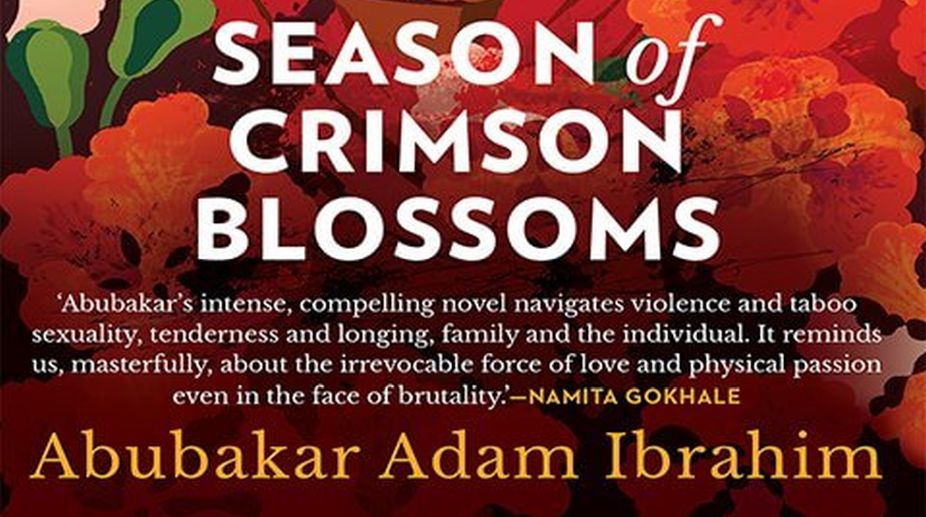Kareena Kapoor skips holi festivities, finds peace in Africa
Discover why Kareena Kapoor traded Holi colors for the tranquility of Serengeti, Africa, in her latest Instagram post.

Season of Crimson Blossoms By Abubakar Adam Ibrahim Speaking Tiger
A thug raids the house of a woman old enough to be his mother and for some reason is struck by guilt. More so because she walks in on him and he takes the opportunity to steal some more from her. Season of Crimson Blossoms is the unlikely story of the 55-year-old widow Binta and Reza, a notorious 26-year-old thug… unlikely because what would have been feasible in France is not so feasible in Nigeria where the story is set.
Binta, apart from being widowed, has lost her son Yaro whom she mourns and who, coincidentally happened to be a thug, while Reza is forcibly reminded of his mother even while he is robbing Binta. Torn by guilt, the two are drawn together but the dynamics between them ignite into sexual passion. Reza also runs drugs and the author has the dice weighed against him before he starts shattering expectations.
It begins from the first sentence, the one that is possibly the best introduction, “Hajiya Binta Zubairu was finally born at fifty-five when a dark-lipped rogue with short, spiky hair, like a field of minuscule anthills, scaled her fence and landed, boots and all, in the puddle that was her heart.” The language of the book lives up to this opening for the most part, though whether Binta’s thriving like an owl would strike the chord among non-nature lovers is debatable. However it fits into the world that is described with a quaint appropriateness.
Advertisement
Abubakar Adam Ibrahim centres his debut story on the changing life of a well respected widow set in the conservative Hausa society of Northern Nigeria. While he spins a story of heartbreak, his main task is to shatter the deceptions that conservative society takes refuge in, issues of what women of a certain age should or should not do and who they should associate with. There is an undercurrent of Oedipus in the tale of a widow and a thug especially since they start out seeing each other as son and mother and more so because Binta is a staunch Islamist, but the story goes beyond that.
It is a parable of what life should be when you go beyond stereotypes. Abubakar has done his research into Nigerian history and sets the background exactly with its plethora of corrupt politicians and religious politics leading up to a confrontation between the unlikely couple and Binta’s surviving rich son who is convinced that there is some kind of conspiracy afoot. There are scattered Hausa phrases to add to the atmosphere and also testify to the author’s love for the country and its language, warts and all.
Binta does not lose out; she is made approachable and sympathetic, a woman who has lost too much to be condemned for one surprising impulse of the heart. It is because the book challenges the accepted mores of marriage and relationships in Nigeria and takes the political and religious undercurrents head on that Season of Crimson Blossoms was a prize winner.
Indian readers will relate with much of the story since mainstream India is as conservative about its relationships especially where widows are concerned.
The reviewer is a freelance contributor.
Advertisement